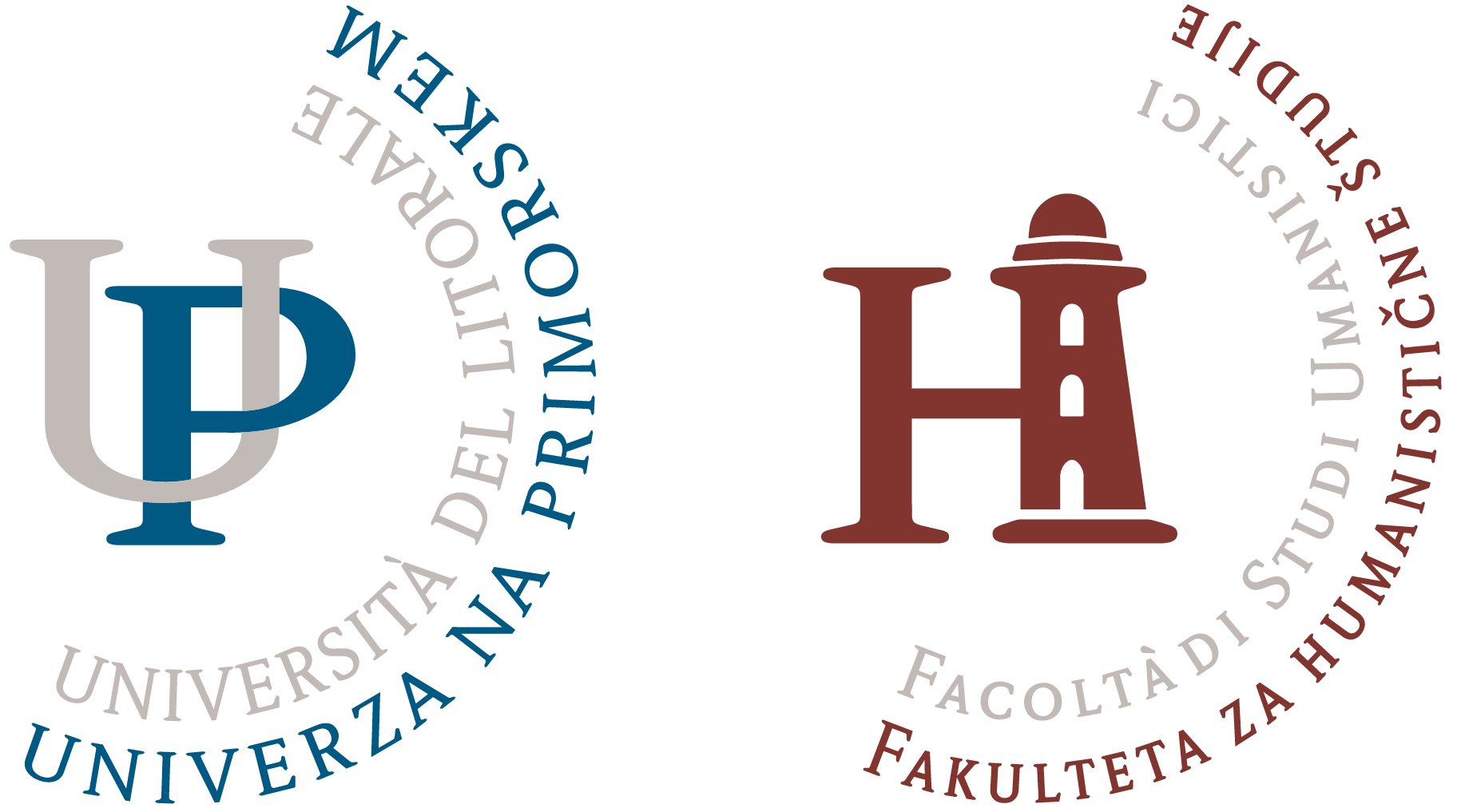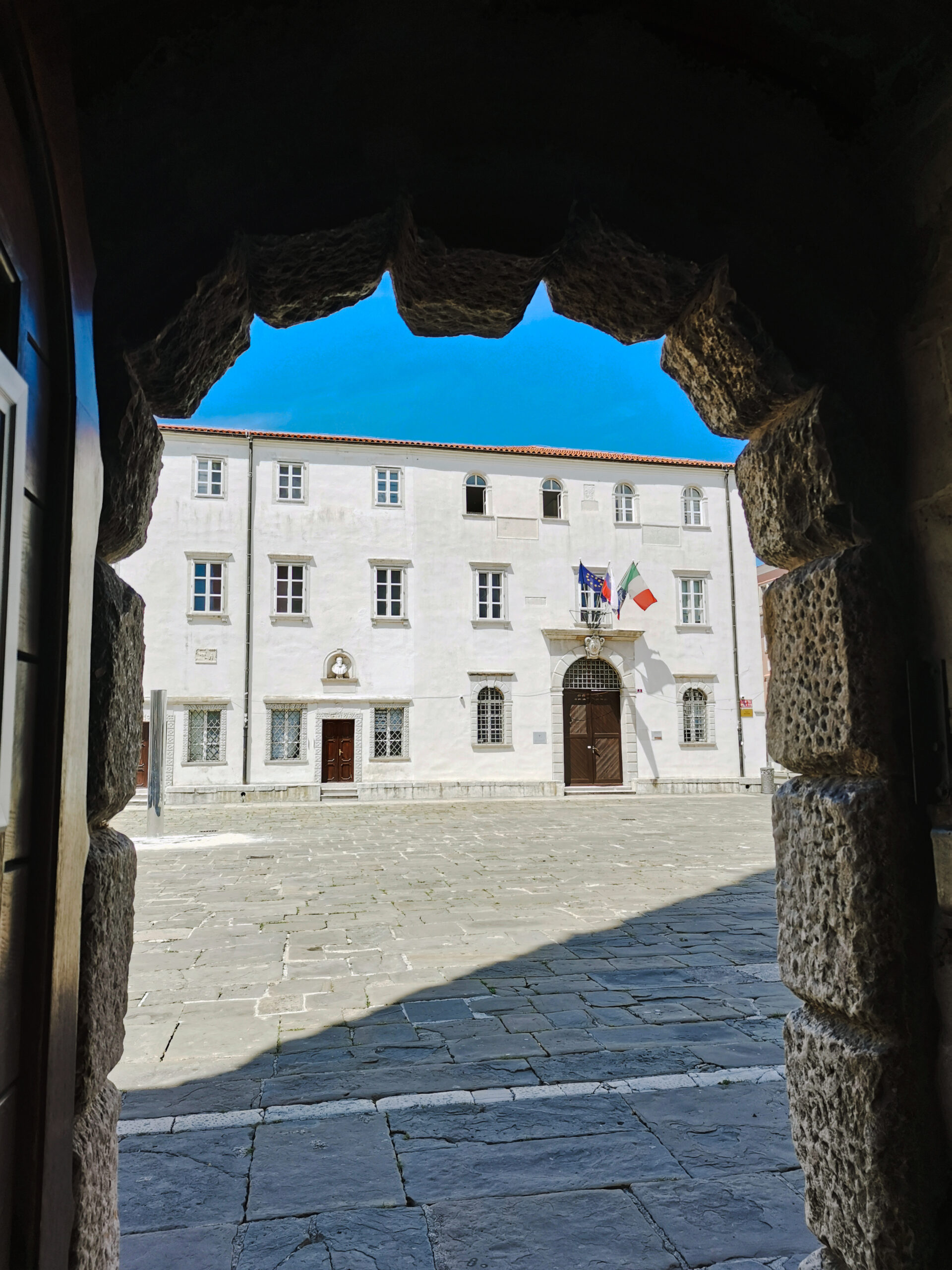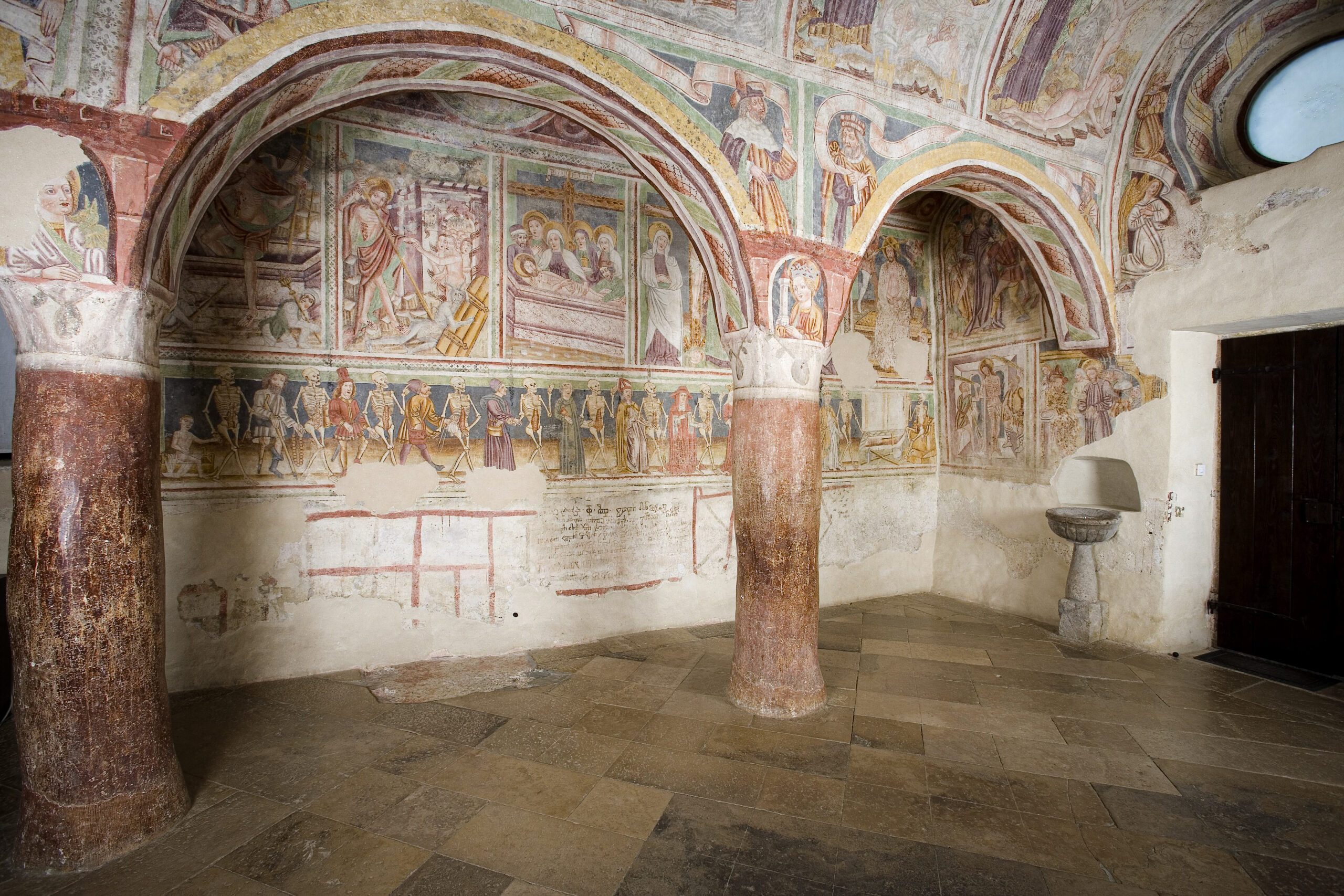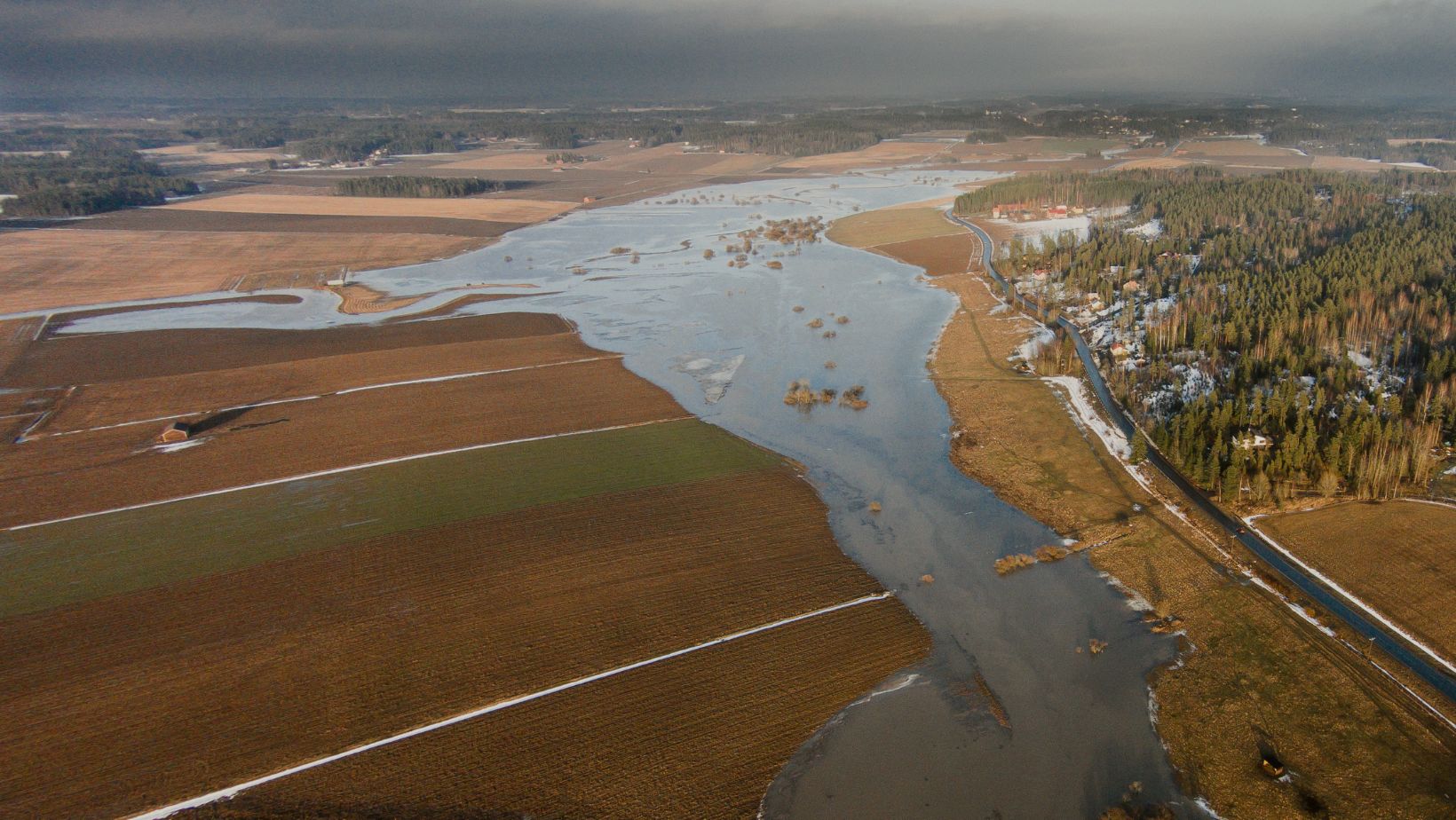Anthropology
Doctoral Study Programme
Presentation
The study programme emphasizes the understanding of the web of relationships between the individual and the various components, practices, factors, structures and processes of the “culture”/cultural environment, further understanding the relationship between the “natural” and the “cultural” in man, and finally the various interpretations of the influences between the “specificities of the natural” environment and shaping its “cultural” peculiarities. These fundamental emphases are illuminated in more detail from the perspective of specific areas of regional anthropology, anthropology of religious, ritual and other cultural practices, medicine, health and healing, ecology and natural space, ethnicity and human rights, demographic processes (birth rate, migration), kinship and gender.
The doctoral study in anthropology is designed in accordance with the need to spread anthropological knowledge about culture, which most generally refers to knowledge about the entire way of life of various social groups (e.g. generational, social, territorial, professional, religious, etc.), their social structure (e.g. family ) and their processes (e.g. cultural adaptation, assimilation, etc.) in various socio-historical contexts both in the Slovenian ethnic territory and in other European and non-European ethnic groups and minorities. Here, the study program of anthropology is focused on individual and collective cultural dimensions, as manifested in economic life, population, political measures, religion, health, knowledge, which are considered comparatively at different levels (temporal, spatial, social).
In addition, the study combination of regional-thematic or of problematic starting points brings students a view of historical, social, political and cultural contacts between European “cultural” regions and other parts of the world, which influenced the formation of different social and cultural spaces, different forms of social, cultural and spatial identities and also the development of different interethnic, international and interregional policies.
The programme enables students to gain an in-depth understanding of theoretical and methodological concepts and the ability to independently develop new knowledge and solve the most demanding problems by testing and improving known and discovering new solutions, to manage the most demanding work systems and scientific research projects from a wide professional or scientific field, to develop critical reflection socially -cultural events and processes and for solving specific tasks related to various social problems.
Programme information
Curriculum
Title and Level of Qualification
PhD in Anthropology
Type and Duration
Doctoral, third cycle, part-time study
Duration: 3 Years / 180 ECTS
Classification (KLASIUS-P-16)
0314 sociology and culture studies
Admission Requirements
Admission to the first year of study shall be granted to the candidates who have completed:
a) a master’s (second cycle) study programme;
b) an undergraduate academic study programme, adopted before 11 June 2004 (pre-reform study programme);
c) a specialisation study programme after having graduated from a study programme, adopted before 11 June 2004 (pre-reform study programme), if a candidate has completed all the study obligations relevant for further study prior to enrolment. Study obligations in the amount from 30 ECTS to 60 ECTS credit points are determined by the competent Faculty Commission, based on the individual application, taking into account the field of previous study. Additional examinations must be completed prior to entry into the programme or during the previous study;
d) an unified master’s study programme, if the study programme carried 300 ECTS credit points and lasted 5 years;
e) a comparable education abroad and have been, in the process of recognition of their qualification and in accordance with Assessment and Recognition of Education Act, legally granted the right to continue their studies in the study programme.
In Case of Enrolment Limitation
the candidates are selected according to:
- the average grade on all previous exams (50 %) and
- grade reached on the oral exam (interview) before an expert Commission (50 %). Elective courses can be supplemented up to the extent of 30 % by scientific and research achievements supplied in the candidate’s applications.
Additional Documents required for the Admission Procedure
Along with the application candidate shall also enclose:
1) short research proposal for the doctoral study and
2) basic personal data of the candidate.
The research proposal (7,000-15,000 characters with spaces, bibliography is not part of the sum of characters) must be structured in sets and includes:
1) title page with the name and surname of the candidate, the proposed title of the research topic in the dissertation (if possible at this stage), and the name and surname and academic title of the most suitable mentor in doctoral studies (if possible at this stage),
2) indication and short description of the research topic (definition) (definition of the theoretical starting points of the research, definition of the research question (problem) and research objectives),
3) intended methods of work,
4) expected results and original contribution to science and
5) indication of basic literature and sources.
Basic information about the candidate must contain:
1) short curriculum vitae (up to 2,500 characters with spaces, possibly in indents and
2) bibliography of the candidate (if any).
Expert Commission reviews the candidate’s application. The Commission invites the candidate to an interview before enrolment and the most suitable mentor for the intended field of research is determined. The interview is also an opportunity to reshape the research field in order to provide appropriate mentoring. If the candidate’s research plans are incompatible with the research contents of the Department of Anthropology of the Faculty, the candidate is advised not to enrol. It is necessary to obtain the consent of the expert Commission and the mentor prior to enrolment.
Number of available Places
Slovenian citizens and other citizens of Member States of the European Union: 5
Slovenians without Slovenian citizenship and foreign citizens of non-European Union countries: 2
The postgraduate study of anthropology at FHŠ was a great pleasure, because I had the opportunity to engage in researching a topic that did not give me peace. Since I graduated from another university, I always considered FHŠ a second home. I was able to devote myself to anthropology, from the mountains to the sea and also experienced a storm. After completing my doctorate, I got the opportunity to work on international consulting projects in the field of training systems for civil servants. When working with people in different cultures, anthropological knowledge was an exceptional advantage, accompanied by the habit of constantly observing foreign and domestic culture.
Doctoral degree study programmes








